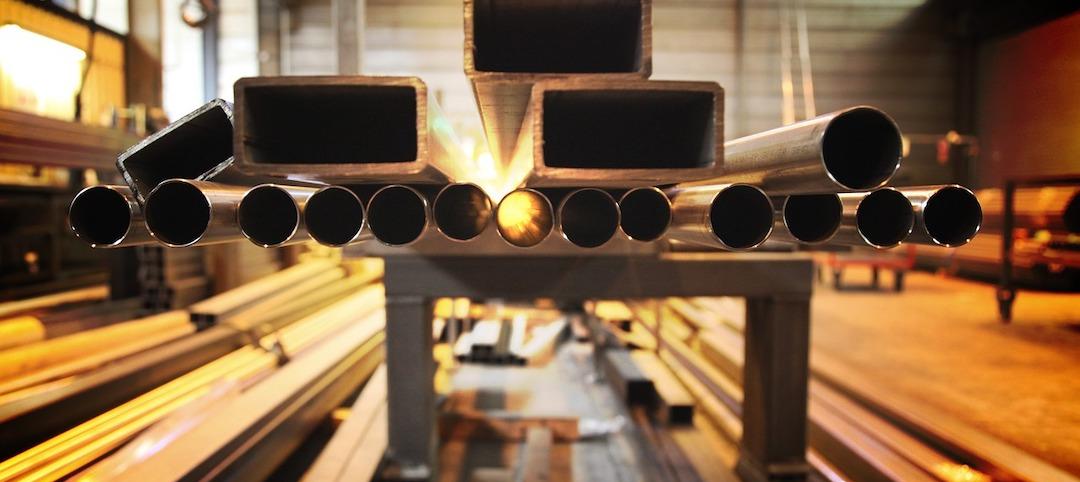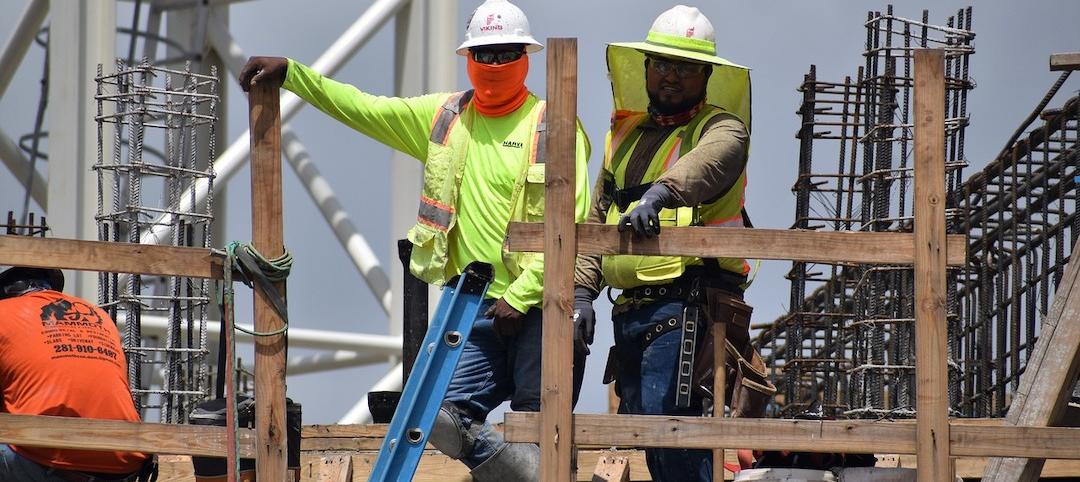Transforming older commercial buildings for residential use can be a fairly straightforward endeavor.
Office buildings built after 1960, however, present more challenges, and if a trend to convert these spaces to condos and apartments gathers steam, a rethinking of regulations will be required, say John Cetra, cofounder at New York-based architecture firm CetraRuddy, in a GlobeSt report. Developers and architects will have to be particularly creative in redesigning larger buildings for residential use.
Because the plates are much deeper in large post-1960s office building, there are long spaces where an apartment would be 50 feet in depth from the window. So, the distance between the windows and walls might have to be changed to make up for the ventilation that would have come through a window.
HVAC zoning would likely have to be readjusted, particularly in a post-COVID world with more concern over maintaining healthy indoor air quality. Interior spaces would have to be re-zoned to maintain a higher level of fresh air.
The large floor layouts mean that small studio apartments would have to be very narrow and deep. This will reduce the potential for daylighting.
Related Stories
Codes and Standards | Jan 19, 2022
Canada’s Trudeau seeking building codes changes, net-zero emissions building strategy
Prime minister also wants net-zero electricity grid by 2035.
Codes and Standards | Jan 18, 2022
Greater emphasis on building materials needed to achieve net-zero carbon offices
Engineered wood, straw, and bamboo can be keys to achieving goal.
Codes and Standards | Jan 17, 2022
AISC seeks comments on draft earthquake standard for steel buildings
Includes new limits for cross-sectional slenderness of steel columns based on latest research.
Codes and Standards | Jan 12, 2022
California’s wildfire building code significantly reduces structural loss
As other states consider upgrading their codes, Golden State provides useful model.
Codes and Standards | Jan 12, 2022
Regulator holding back climate-friendly, energy-saving equipment deployment, critics say
Heat pumps, solar power could be made more accessible for low-income communities in Massachusetts.
Codes and Standards | Jan 11, 2022
Cost hikes drive nearly one million renters out of homeownership qualification in 2021
Household income needed to pay a mortgage rose to $62,872 from $55,186.
Codes and Standards | Jan 10, 2022
New ratings services focus on climate risk for homeowners
Efficacy of models used in risk assessment varies.
Codes and Standards | Jan 6, 2022
Virginia contractors having a tough time finding diverse subs to meet state goals
Survey of primes may indicate similar issues at federal level.
Codes and Standards | Jan 5, 2022
Boston drops parking requirements for affordable housing
Measure expected to spur new projects.
Codes and Standards | Jan 4, 2022
Dept. of Energy Better Climate Challenge aims for 50% GHG emission reduction by 2030
Program offers technical assistance and peer-to-peer knowledge sharing.

















